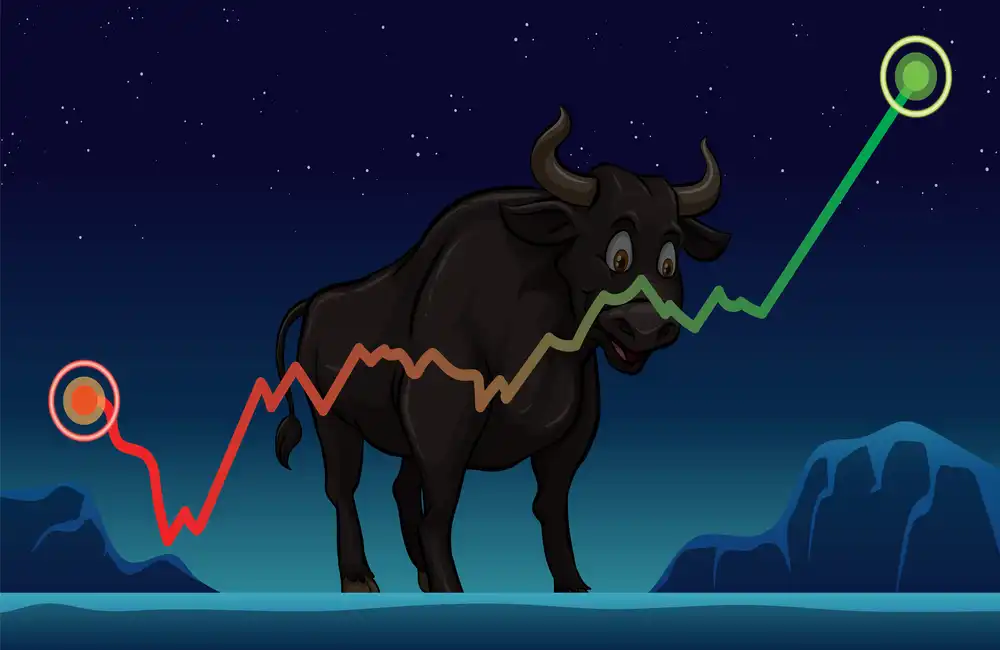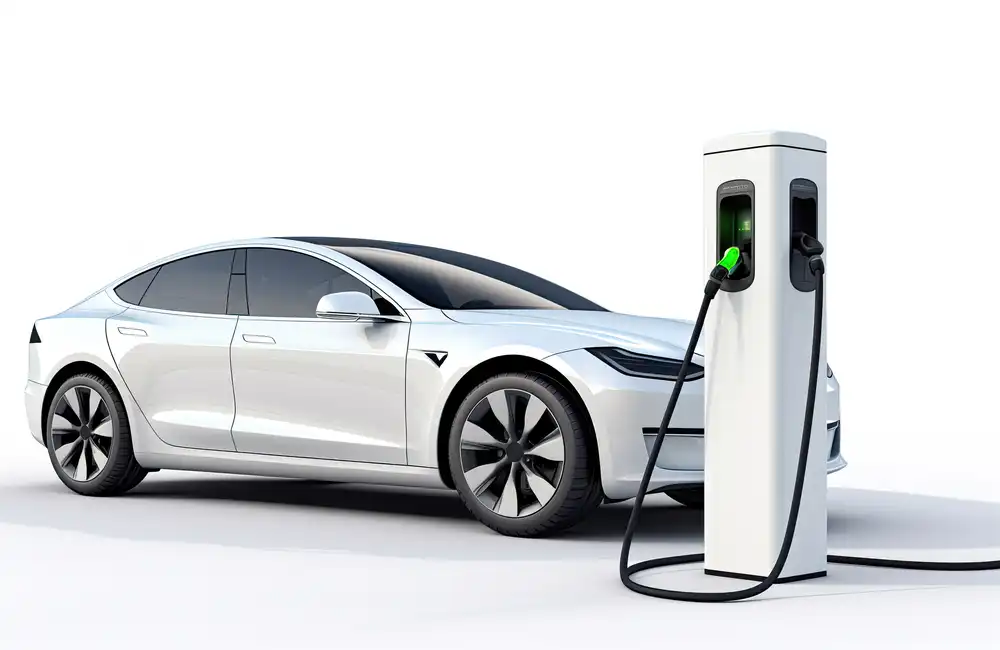Tesla postponed the U.S. introduction of its much-anticipated E41 EV model due to persistent pricing challenges and tariff unpredictability.
Tesla announced in April 2025 that the E41 EV would launch in early 2026, with initial production based in China, and would later expand globally.
Delay Alters E41 Launch Timeline
Tesla moved the U.S. debut of its budget-friendly E41 EV from late 2025 to 2026. Tesla planned to use the compact EV to enter the mid-market electric vehicle competition. Sources indicate Tesla plans to start production at its Shanghai Gigafactory sometime in 2025, followed by initial deliveries to China before expanding to other markets. Tesla has not provided details regarding how the delay will affect the European release dates for the vehicle. Reuters first reported the revised timeline.
The automaker from California has integrated the E41 into its plan to boost electric vehicle adoption through its combination of performance and affordability. Tesla's efforts to reduce costs through its roadmap have become more difficult because of macroeconomic problems such as inflationary pressures and tariffs on imported components.
Targeting Aggressive Cost Cuts
The E41's cost efficiency serves as one of its primary selling points. Tesla intends to reduce its production costs by 20% per unit compared to the existing Model 3. Tesla’s initiative seeks to streamline supply chains while using its 4680 battery cells to deliver greater efficiency at reduced costs. Rising material costs, coupled with potential changes to U.S.-China trade tariffs, have slowed progress toward Tesla's cost-cutting objectives.
Tesla’s strategic focus for the E41 model continues to prioritise maintaining competitive pricing. Robert Turner of EV Insight warned that any failure to meet the cost-cutting target will affect Tesla's profitability forecasts and market stance.
Broader EV Market Dynamics
Tesla must postpone its product release while confronting growing challenges in its main markets. March 2025 sales data from the European Automobile Manufacturers' Association (ACEA) indicate that Tesla experienced a 28.2% decline from last year across Europe. The sales decline is partially due to rising competition from traditional car manufacturers such as Volkswagen alongside new players like BYD who are quickly boosting their electric vehicle offerings.
The U.S. market faces demand uncertainty because higher-income electric vehicle (EV) buyers have lost access to federal incentives. Automakers that depend on global supply chains face ongoing challenges from the impact of tariffs on imported parts.
Expert Perspectives and Competitive Implications
Experts believe that the U.S. holdup might let competitors gain additional market share. This year General Motors and Hyundai have both increased their range of budget-friendly electric vehicles. Olivia Wright from AutoAnalytics in London identifies Tesla's demand elasticity as its primary challenge. Tesla excels in bringing innovative solutions but faces obstacles maintaining its premium status among cost-sensitive buyers during financial instability.
The postponement carries consequences for the progression of electric vehicle adoption in the UK. Tesla's status as a technology leader means its pricing and availability strategies will shape consumer attitudes towards economical EVs. UK authorities are pushing EV adoption through active incentives to align with their 2030 ban on new petrol and diesel vehicles, but the market may lean toward less expensive models from other manufacturers if Tesla remains absent.
Key Considerations for UK Investors
Tesla's updated launch strategy for UK institutional investors and auto sector stakeholders reveals potential pricing and tariff challenges for electric vehicle producers. Supply-chain tariffs and trends in raw material costs should receive close attention from investors, as these elements can impact the entire automotive sector. Tesla's approach to changing economic conditions can be better understood through their sales performance in markets such as China.
The postponed release of the Tesla E41 demonstrates how macroeconomic elements shape product strategy decisions. The focus remains on Tesla’s ability to meet its ambitious cost and schedule goals while maintaining its competitive position in the rapidly evolving electric vehicle (EV) industry.



















